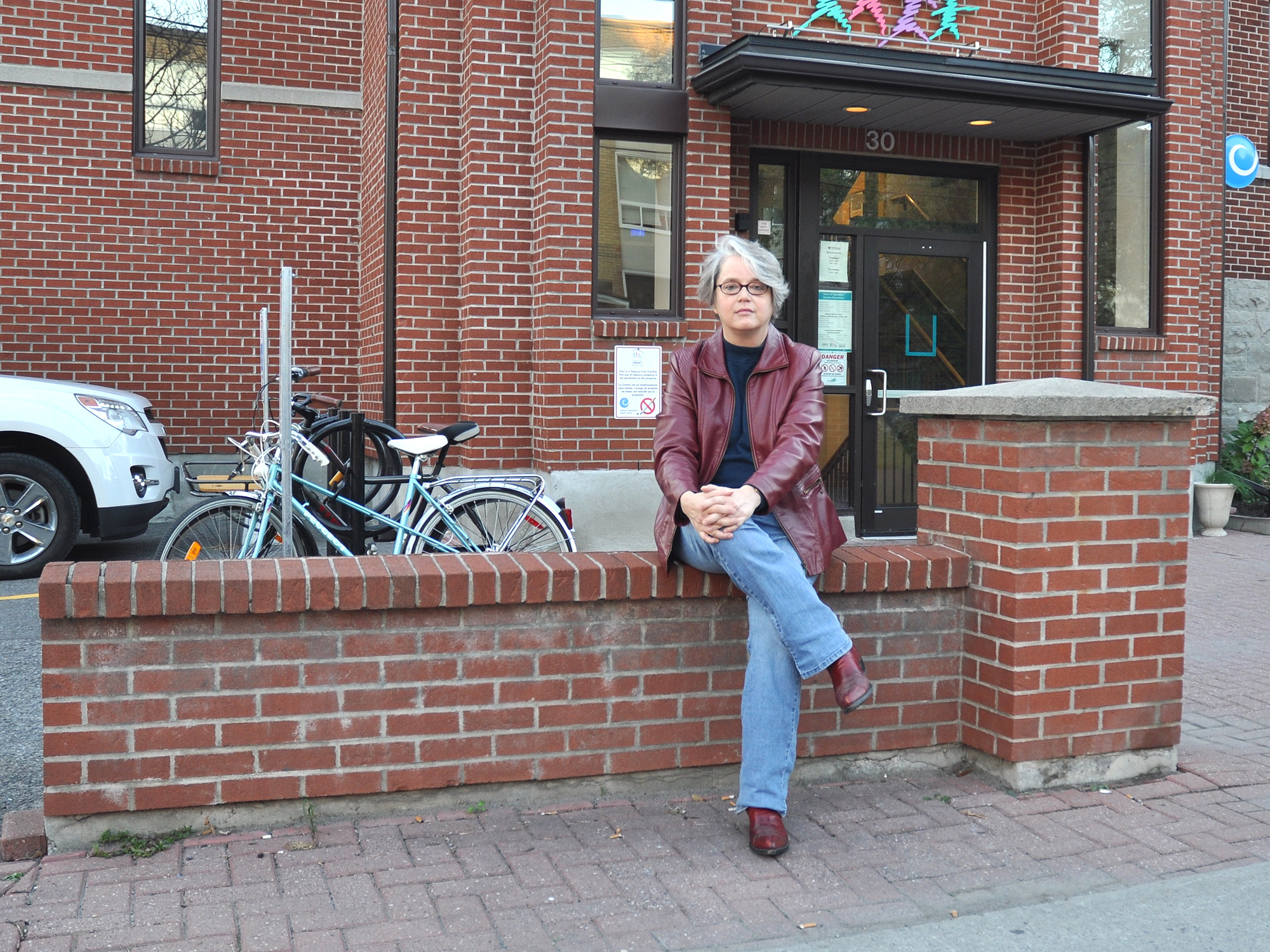Submitted by Aileen Leo –
We’ve all had to deal with steep increases in the price of food and make choices concerning what we can afford to eat. For a growing number of people in Ottawa and the people who try to help them, these choices are getting harder, a situation fueled by decisions at city hall.
In August, Canadian Press reported that while overall inflation has eased, the cost of food keeps climbing, with Canadians paying substantially more in 2016 compared to 2015. As a result, Canadians are buying less food, reducing the overall gross domestic product.

In June, the Universities of Guelph and Dalhousie released a survey of 1,000 respondents in which two-thirds said they were passing on specific high-cost produce, and one-quarter said they ate less fruit and vegetables over the past year; low-income respondents were more likely to have done so. This comes after a 2013 survey by the Canadian Produce Marketing Association — before the latest hike in food prices — showing Canadians were already eating less than half the daily recommended servings of fruits and vegetables.
According to Food Banks Canada, 850,000 Canadian rely on these institutions monthly. Of these, almost 50% of households are those with children, and one in six households are working but still can’t make ends meet.
The Ontario Association of Food Banks notes that almost 359,000 people relied upon food banks in this province in 2015, an increase of 10,000 over 2014, including a 35% increase in the number of seniors, and 90% either rental or social housing tenants.
Food is essential to life. So what happens when someone must choose between buying her groceries, medications, school supplies for her kids, paying her rent, etc.? And what is the role of government when faced with increasing needs, particularly concerning the most vulnerable?
The Community and Social Services (CSS) portion of the Ottawa city budget provides funds to social service agencies, including food centres, as well as programs for the homeless, seniors, children and youth, and low-income neighbourhoods. These agencies have been the most at risk when the city tightens its belt. Municipal support is vital to these agencies, and the impact on these groups and those they serve is huge if funding is cut or does not keep pace with increasing demand.
Ottawa is a growing community, with the city’s estimates at 977,000 people for 2016, an increase of 54,000 since 2011. Unforeseen when these projections were developed are new instances of growth such as the influx of Syrian refugees requiring support.
A growing population needs social support across several areas, including food. Yet Ottawa is committed to property tax increases of just 2%. What is the impact of this policy decision?
A study by Carleton University released this September confirms what many who work in and rely upon municipally funded social services already know: “As the City works to balance budgets, evidence has shown that investments in the areas of community and family services have fallen behind those in other service areas. Since 2010, there has been a gradual increase in overall City spending; however, support for community services has lagged behind other key areas, both in relative spending levels and in relation to need.” CSS funding has declined from $222 to $200 per person, while spending for police increased from $264 to $288 despite a decline in all types of crimes according to the Ottawa Police Service’s statistics. As a result, CSS funding has declined as a share of tax funded expenditures from 15.8% in 2012 to 13% in 2016. Social services agencies receive an increase of 1.5% —nowhere near enough for these agencies, who, when surveyed, noted increased demands between 17 – 300% for most organizations.
As one example, the Parkdale Food Centre provides healthy food support and services to residents of Hintonburg and surrounding area, and builds community through innovative programs such as cooking classes and youth programming. The Centre has had a sharp increase in the need for food. And yet, the Centre saw its municipal funding grow by $868 from 2014 to 2015. As a result, the Centre must fundraise more than $9000 per month to meet the needs of those who rely upon it, many of whom are among the most vulnerable in Ottawa.
In April 2016, media reports noted that Syrian refugees in Ottawa were turning to food banks, particularly the Gloucester Emergency Food Cupboard, where many live. Despite the increase in demand, municipal funding remains flat for the Cupboard. What will happen in 2017, when sponsorship expires for many of these newcomers?
Are we comfortable consigning pitifully small increases to agencies who serve the most vulnerable in our community, including children, youth, seniors, and refugees? Limiting property taxes to 2% — and constraining CSS funding even further — means consigning more in our community to a permanent underclass shaped by hunger.
In 2011, the city deferred the Community Agency Stabilization Fund (CASF) and never reconsidered it afterward, effectively dropping the program. At that time, city staff noted the possibility of an emerging gap between what agencies receive in municipal funding compared to the increasing need they would encounter, a prediction that has sadly materialized.
Instead of disputing the Carleton study, the city should do the right thing and restore CASF with an annual investment of $500,000, starting with the 2017 municipal budget. If we don’t, more people in our community will go hungry.
The city will confirm its budget in December. Make your voice heard at City Hall on October 13 to support a city budget that meets the needs of all in our community.
Aileen Leo is a long-time advocate for many community causes, including a realistic Ottawa city budget process that recognizes and meets the needs of all residents regardless of background or where they live.